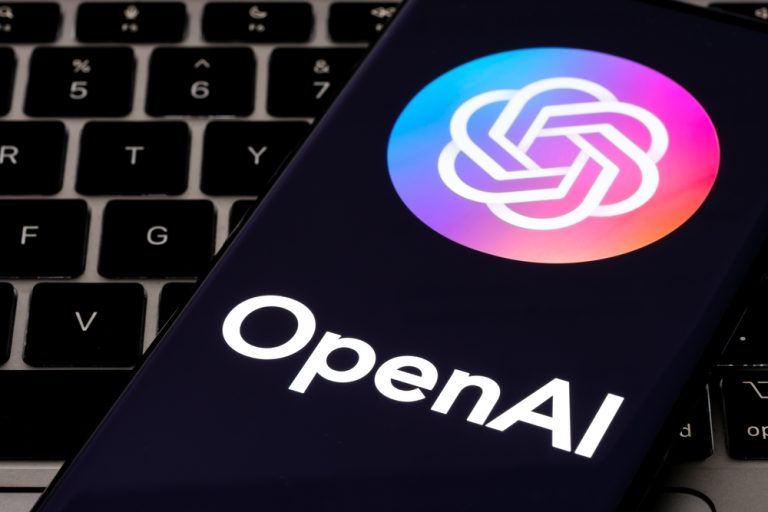In a move that signals a potential end to the distinct green and blue messaging bubbles that have become a hallmark of iPhone communication, Apple has announced plans to support a new messaging standard, Rich Communication Services (RCS), starting in 2024. Currently, iMessages sent from iPhones appear in blue bubbles, while texts from Android devices appear green. Although the integration of RCS will facilitate better messaging across different operating systems, the visual divide of message bubbles will persist, with Android messages still appearing green.
The tech giant confirmed to 9to5Mac that adopting RCS will enhance the texting experience between iPhone users and those on rival platforms, such as Android. Still, he assured us that iMessage would continue to offer “the best and most secure messaging experience for Apple users.” This shift comes amidst Google’s vocal campaign for Apple to adopt RCS, highlighting the lack of end-to-end encryption in SMS and MMS as a security concern.
In the broader context, the European Union’s Digital Markets Act (DMA), which mandates interoperability among core services of major digital platforms, may have influenced Apple’s decision. Recent EU regulations have already led to changes for Apple, such as abandoning the exclusive lightning port in favour of a universal charging solution.
Just days before Apple’s announcement, smartphone manufacturer Nothing introduced Nothing Chats, an app designed to bridge messaging between iPhone and Android users. Quickly responding to Apple’s latest move, the company tweeted on X (formerly Twitter), “It looks like they got the message.”
As Apple prepares to integrate RCS in a forthcoming software update, users and industry players will watch how this development will reshape the digital communication landscape.
Apple’s decision to support RCS is a significant step towards unified messaging across platforms despite retaining the visual distinction of green bubbles for Android texts. It reflects the growing importance of interoperability in the tech industry, driven by user demand and regulatory pressures. Whether this change will genuinely “burst the bubble” of platform-specific messaging remains to be seen.
























+ There are no comments
Add yours